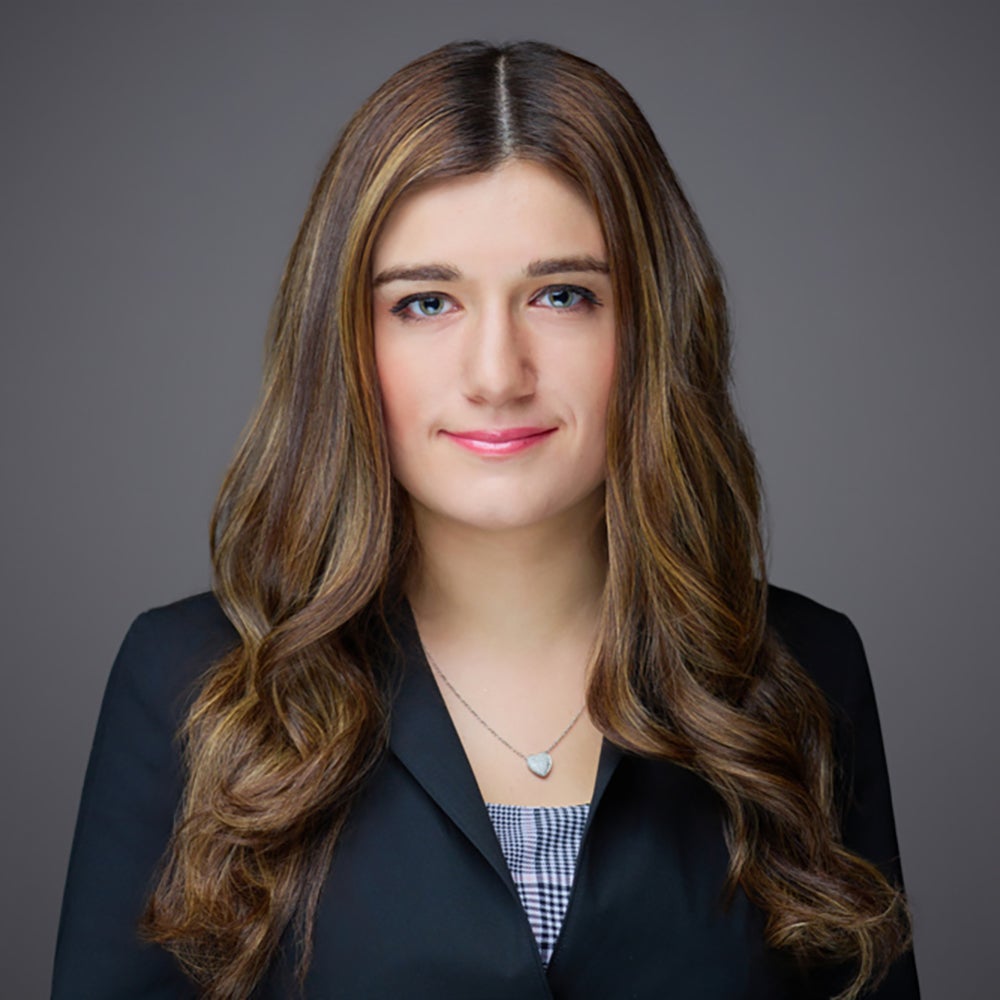By Danielle Mikaelian ’25

When I used to think of the Federal Reserve, my automatic thought was: “Oh, that’s the entity overseeing monetary policy, regulating financial institutions, and influencing interest rates.”
While this is true, my time at HLS has shown me that the Federal Reserve is much more than this. Specifically, I lacked a thorough understanding of the Federal Reserve’s role in community development. The Federal Reserve, through its Office of Community Development, promotes economic opportunities and improves the quality of life for individuals living in underserved communities.
Through Harvard Law School’s independent clinical program, I partnered with the Federal Reserve Bank of Boston’s Office of Community Development, where I focused on legal barriers to property ownership—particularly issues surrounding “tangled titles.” A tangled title occurs when a home is occupied by someone who has a legal interest in the property, but whose name is not on the deed. This problem is often the result of heirs not formally transferring ownership after the death of a family member.
What struck me most during this work was how the legal system, often unintentionally, reinforces systemic inequities. Tangled titles make it impossible to access home equity, apply for property tax relief programs, or even make critical repairs through public funding. Billions of dollars in home equity are effectively locked away—trapped by outdated probate systems and a lack of legal resources for low-income families.
At the Federal Reserve’s Office of Community Development, I supported efforts to better understand the legal frameworks across New England that contribute to or help alleviate tangled titles. I contributed to research and analysis exploring legislative fixes and community-based solutions, helping the Office of Community Development engage with policymakers and nonprofit housing advocates.
This experience also provided me with the unique opportunity to continue working with my 1L section leader, Professor Molly Brady. Her deep expertise in property law made her an invaluable mentor throughout this project. Having the chance to reconnect and collaborate with her in this capacity added a personal and intellectually fulfilling dimension to my clinical work.
This experience deepened my understanding of how law intersects with economic justice. It reminded me that community development is not just about physical infrastructure—it’s about legal infrastructure, too.
In the end, working with the Federal Reserve’s Office of Community Development allowed me to approach public interest law from a systems-level perspective. It was a reminder that even within large federal institutions, there are individuals and offices working tirelessly to center community needs and challenge entrenched inequities.
Filed in: Clinical Student Voices
Contact Office of Clinical and Pro Bono Programs
Website:
hls.harvard.edu/clinics
Email:
clinical@law.harvard.edu